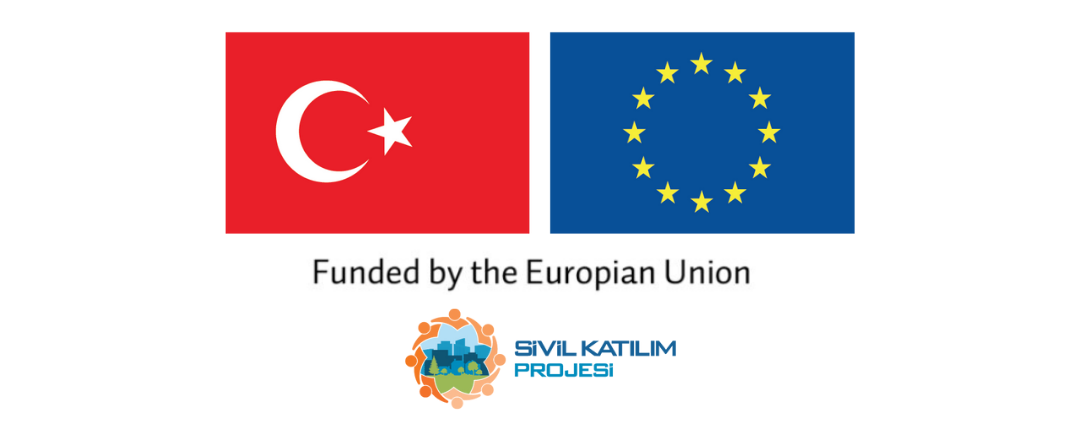
Roundtable Meeting was held with Neighborhood Headpersons
20 May 2025
A Roundtable Meeting with Neighborhood Headpersons was held on May 20, 2025, at Türkan Saylan Cultural Center as part of the project “Civil Participation for Local Climate Governance,” jointly implemented by Maltepe Municipality and the Turkish Economic and Social Studies Foundation (TESEV). The event aimed to identify climate vulnerabilities at the neighborhood level and to assess civil organization dynamics in collaboration with neighborhood headpersons.
The meeting began at 10:00 with registration, followed by opening remarks delivered by Burcu Akdağ Uğur from the Climate Change and Zero Waste Directorate of Maltepe Municipality, Bahadır Keşan from the Strategy Development Directorate, Aynur Kemirtlek from İSTAÇ, and Dr. Itır Akdoğan, Research Director at TESEV. During the opening, participants were informed about the project’s objectives, structure, and scope. The critical role of local knowledge and experience shared by headpersons in contributing to the project process was emphasized.
In the first session of the meeting consisting of two sessions, climate vulnerabilities, risks, and indicators at the neighborhood level were discussed. Headpersons shared feedback and examples related to physical infrastructure issues, flood risks, the state of stream beds, the lack of green spaces, and the overall capacity to respond to disasters within their neighborhoods.
The effects of the climate crisis on vulnerable groups—such as children, the elderly, low-income individuals, persons with disabilities, persons with chronic illnesses and Romani people—were addressed through concrete examples. It was pointed out that the lack of parks and green spaces, and the overall insufficiency of shaded and public areas left residents exposed to climate-related hardships.
The second session focused on civil organizing, citizen participation, and avenues for engagement in local policy-making. It was noted that collective actions on climate-related issues in neighborhoods remain limited. Among the challenges identified were the lack of physical and public spaces, limited familiarity with organizing practices among residents, and the prioritization of economic concerns. It was also observed that participation is primarily shaped through individual demands, while collective initiatives are rare. Nevertheless, it was underlined that although citizens may not explicitly associate their requests with the climate crisis, many of those demands stem from climate vulnerabilities.
Throughout the meeting, attention was drawn to the scarcity of neighborhood-based data, inadequacies in public space, and socioeconomic inequalities—all of which were seen to intensify the impacts of the climate crisis. It was particularly noted that in high-density areas, rising population and declining green spaces have made climate-related impacts more pronounced.
At the end of the event, participants were briefed on the next steps of the project carried out. It was announced that a neighborhood-level climate vulnerability map is planned to be developed and that monitoring and evaluation meetings will be organized with the participation of municipalities, headpersons, and civil society organizations. Through the co-creation of such mechanisms, neighborhood needs are expected to become more visible and manageable. The meeting was considered a significant step toward increasing neighborhood-level climate resilience, fostering stronger cooperation between local governments and communities, and amplifying the voices of vulnerable groups in decision-making processes.
This project is implemented with the financial support of the European Union under the Civic Engagement Small Grants Programme. “Civic Engagement Small Grants Programme” implemented within the scope of “Strengthened Civic Engagement for Enhanced Democratic Local Governance in Türkiye Project” is financed by the European Union and implemented by the United Nations Development Programme (UNDP). The beneficiary of the project is the Union of Municipalities of Türkiye. As the IPA II Civil Society sector leader, the Ministry of Foreign Affairs Directorate for EU Affairs is the lead institution of the project.

